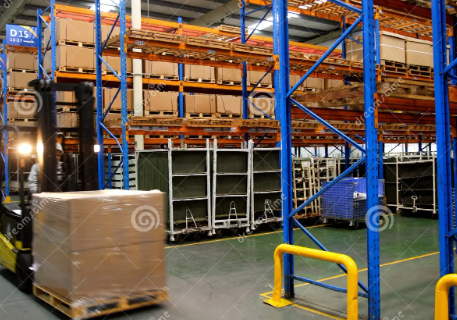In today’s increasingly globalised economy, efficient supply chain management is essential for the success of businesses across industries. One key component enabling this efficiency is Third party Logistics (3PL). By outsourcing logistics functions to specialised providers, companies can streamline operations, reduce costs, and focus on their core competencies.
Third party logistics refers to the use of external companies to manage various elements of a company’s supply chain, including transportation, warehousing, inventory management, and order fulfilment. These providers offer expertise and infrastructure that many businesses, especially small to medium-sized enterprises, may not possess internally. This allows companies to scale operations more efficiently while maintaining high levels of service.
One of the main benefits of utilising third party logistics providers is cost reduction. Operating a private logistics network can be prohibitively expensive, especially when considering the investment in vehicles, warehouses, technology, and staff. A 3PL provider, however, can offer these services at a reduced cost due to economies of scale. Furthermore, they often have existing networks and established systems, allowing businesses to expand into new markets without significant upfront investment.
Flexibility and scalability are also important advantages. Businesses experience fluctuations in demand due to seasonality, market trends, or promotional activities. Third party logistics providers are well-equipped to manage these changes, offering flexible storage and transportation solutions that can adapt to varying needs. This agility is crucial in maintaining customer satisfaction and avoiding unnecessary costs related to overcapacity.
Moreover, 3PL providers bring technological capabilities that many businesses may not afford or have the expertise to implement. Advanced tracking systems, warehouse management software, and real-time data analytics enable companies to monitor their supply chains more accurately and make informed decisions. These insights contribute to improved efficiency, reduced lead times, and enhanced customer service.
Choosing the right third party logistics partner is essential to reap these benefits. Factors to consider include industry experience, technological capabilities, geographic coverage, and customer service. A strong partnership can lead to a more resilient and responsive supply chain, while a poor choice may result in inefficiencies and missed opportunities.
In conclusion, third party logistics is a vital component of modern supply chain management. By outsourcing logistical operations, companies can improve efficiency, reduce costs, and gain a competitive advantage in today’s fast-paced market. As supply chains become more complex, the role of 3PL providers will continue to grow, making them indispensable partners for businesses aiming to thrive in an ever-evolving commercial landscape.
